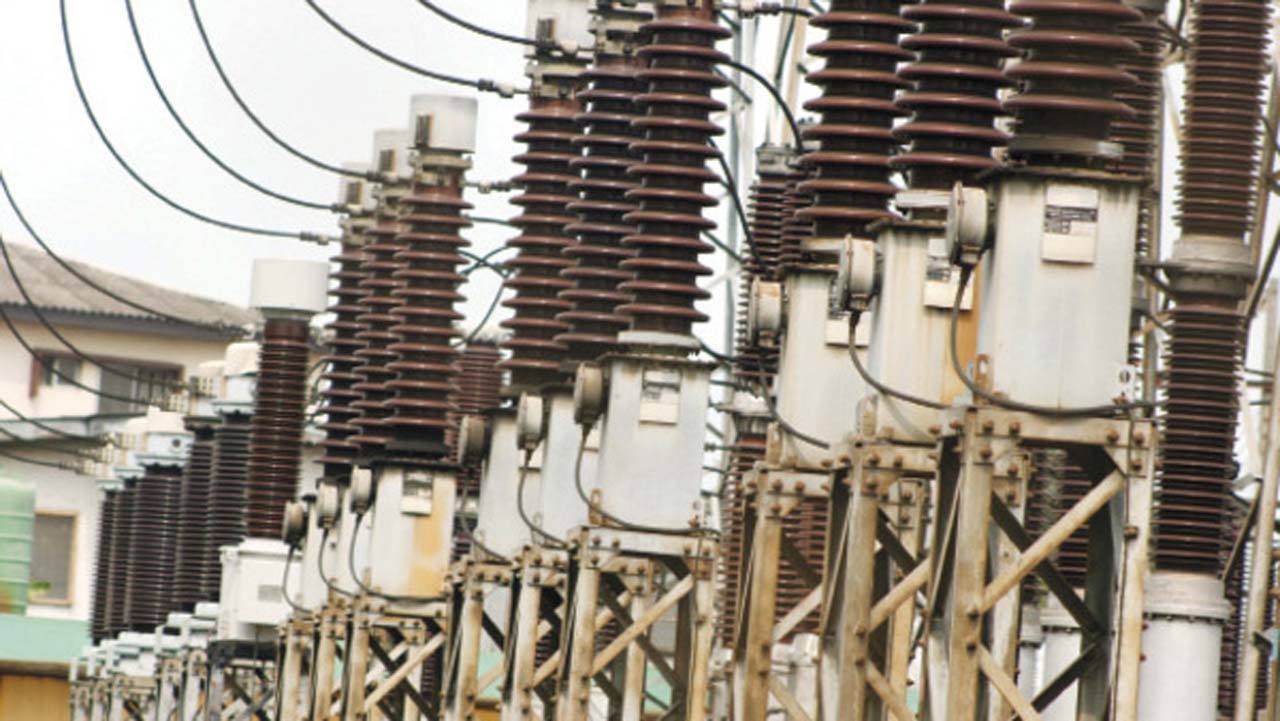The Nigerian Electricity Regulatory Commission (NERC) has issued guidelines for power distributors purchasing additional generation capacity that will lead to higher tariffs payable by power users.
According to the commission, the tariff for such additional generation capacity would be higher than the prevailing wholesale tariff from the general power pool.
It disclosed this in a document titled ‘Guidelines on Distribution Franchising in the Nigerian Electricity Supply Industry,’ with reference NERC/GL/1/2020.
It said, “A Disco shall hold prior customer consultation as a condition for the procurement of additional generation capacity where the cost is higher than the prevailing wholesale tariff from the power pool.
“Under such a condition, the commission shall review the procurement for prudence as a condition for allowing the pass-through cost to consumers in the franchised area.”
The NERC added, “Where applicable, the commission may conduct a public hearing for the determination of any supplementary charge to consumers.”
It was gathered that some power distributors now supply electricity at higher tariffs to selected locations based on arrangements with such areas.
It was also learnt that the Discos procure additional generation capacity in order to meet the demand of customers in the select locations.
The NERC, according to its officials, had to come up with the guidelines to ensure that the franchise arrangements of the Discos were designed to improve service to end-use customers, among others.
In the document dated June 24, 2020, the NERC said the franchising arrangement by any Disco would be on a firm contractual agreement with the franchisee.
It said, “The payment obligation of the franchisee must be securitised in a form acceptable to the Disco with safeguards.”
READ ALSO: Export cargoes should be exempted from storage charges- NSC
This, it said, would ensure that the liability of the Disco to the market was not compromised.
The commission stressed that parties related to the distribution licensees as directors or shareholders were not eligible to enter into a franchise arrangement with the utility.
It noted that where practically feasible, Discos planning a franchise arrangement should engender competition by adopting an open competitive approach to the engagement of prospective franchisees.
The commission further stated that a Disco should not, without prior approval of the commission, franchise any of its licensed functions to any person.
The NERC also made it clear that it might issue an order revoking a franchise arrangement if in the commission’s opinion the arrangement contravened stipulated laws.













